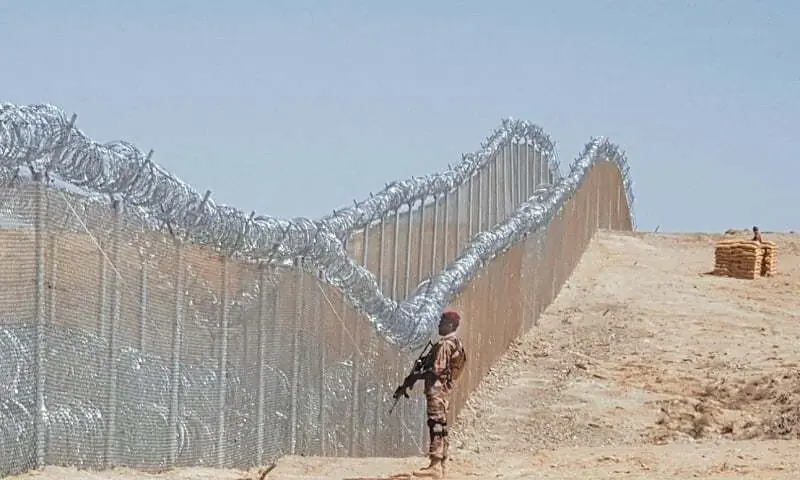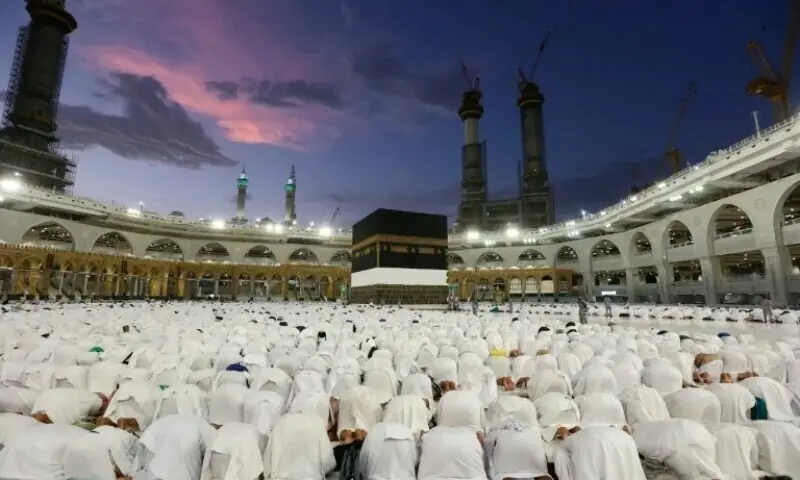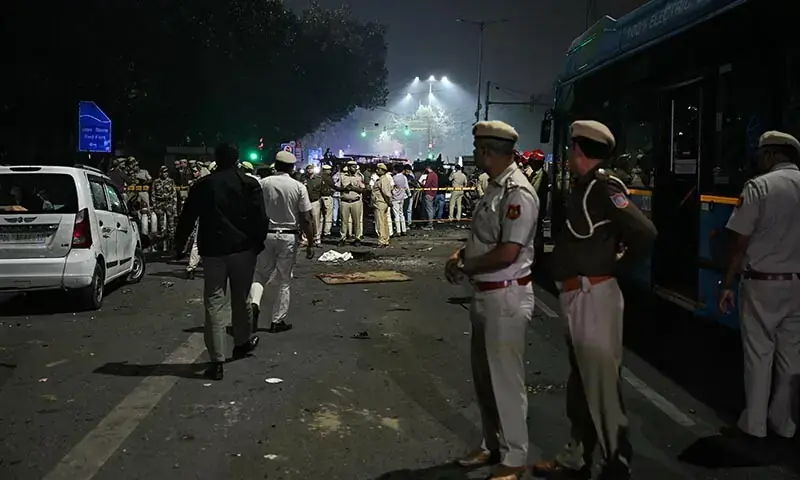Ministry of Foreign Affairs (FO) spokesperson Tahir Hussain Andrabi said on Sunday that Pakistan welcomed Iran’s offer of mediation between Islamabad and Kabul and would “not shy away” from it.
“Iran is a brotherly and friendly country. Pakistan is always in favor of finding peaceful solutions to problems through dialogue and diplomacy, and we appreciate the mediation offer of our brotherly country Iran,” Andrabi said. Sunrise to a question about reports that Tehran was working to convene a regional meeting for mediation between Islamabad and the Afghan Taliban.
“We believe that Iran can play an important role. We would not shy away from any mediating role on Iran’s part. Mediations are always welcome,” Andrabi said, adding that Pakistan had “a very strong case.”
He further stated: “Generally, mediations are vexed by a country or a party that has a weak legal or political case. Pakistan’s case on this issue, on terrorism emanating from Afghanistan, is very strong. So obviously we will not shy away from mediation.”
Pakistan, which has long been grappling with the problem of terrorism, has been demanding that the rulers in Kabul take steps to stop cross-border terrorism. But the Afghan Taliban deny Islamabad’s accusation that terrorists are allowed to use Afghan soil to carry out attacks in Pakistan.
Earlier this month, a third round of talks between Islamabad and Kabul, which were being held in Istanbul in the presence of mediators from Turkiye and Qatar, collapsed without any agreement as negotiators failed to bridge deep differences over how to prevent cross-border terrorism. The talks followed deadly border clashes between the two neighbors in October.
Border clashes between Pakistan and Afghanistan began late on the night of October 11 and continued into the next morning. The Inter-Services Public Relations (ISPR) said 23 Pakistani soldiers were martyred and 200 Taliban and affiliated terrorists were killed as Islamabad responded to Kabul’s aggression.
Afghanistan claimed it carried out the attack as a “retaliation” measure, accusing Islamabad of carrying out airstrikes on its territory. For its part, Islamabad did not confirm or deny whether it was behind the attacks, but maintained that Kabul should “stop hosting the Tehreek-i-Taliban Pakistan on its soil.”
After the initial skirmish on October 11, many others occurred along the Pakistan-Afghanistan border. Meanwhile, the Islamabad attacks also targeted the camps of the Gul Bahadur group in Afghanistan.
A ceasefire was then agreed on the night of October 15, and the two sides eventually met for talks in Doha. After the Doha talks, a temporary ceasefire continued to avoid border hostilities while the two sides committed to meeting again in Istanbul to work on mechanisms for lasting peace and stability between the two countries.
On October 25, the second round of talks between both parties began in the Turkish capital. But Information Minister Attaullah Tarar announced in a post on X on October 29 that the talks “failed to reach any viable solution.” He also stated that Pakistan would continue to take all possible measures to protect its citizens from terrorism.
However, mediators Turkiye and Qatar intervened and managed to save the dialogue process with an October 31 joint statement released by Turkiye stating that “other implementation modalities will be discussed and decided” during a top-level meeting in Istanbul on November 6.
But on November 7, Defense Minister Khawaja said talks on cross-border terrorism had “ended” and “entered an indefinite phase” as negotiators failed to bridge deep differences between the two sides.
Following the failure of talks, the Afghan Taliban suspended trade ties with Pakistan.
Earlier this week, the foreign ministers of Iran and Russia called for continued dialogue between Pakistan and Afghanistan to resolve their ongoing disputes over cross-border terrorism.
Earlier on November 9, Iranian Foreign Minister Abbas Araghchi said he had spoken with his Pakistani and Afghan counterparts, Ishaq Dar and Amir Khan Muttaqi, to discuss bilateral relations, as well as the recent negotiations in Istanbul between Islamabad and Kabul.
According to the state government of Iran IRNA The Araghchi news agency also expressed Iran’s readiness to receive any kind of help to resolve differences between the two countries.
On the same day, Turkish President Recep Tayyip Erdogan said his Foreign Minister Hakan Fidan, Defense Minister Yasar Guler and intelligence chief Ibrahim Kalin would visit Islamabad next week to discuss tensions between Afghanistan and Pakistan.
Meanwhile, Pakistan continues to suffer casualties among its security forces and civilians in terrorist attacks, which authorities link to Afghanistan.









